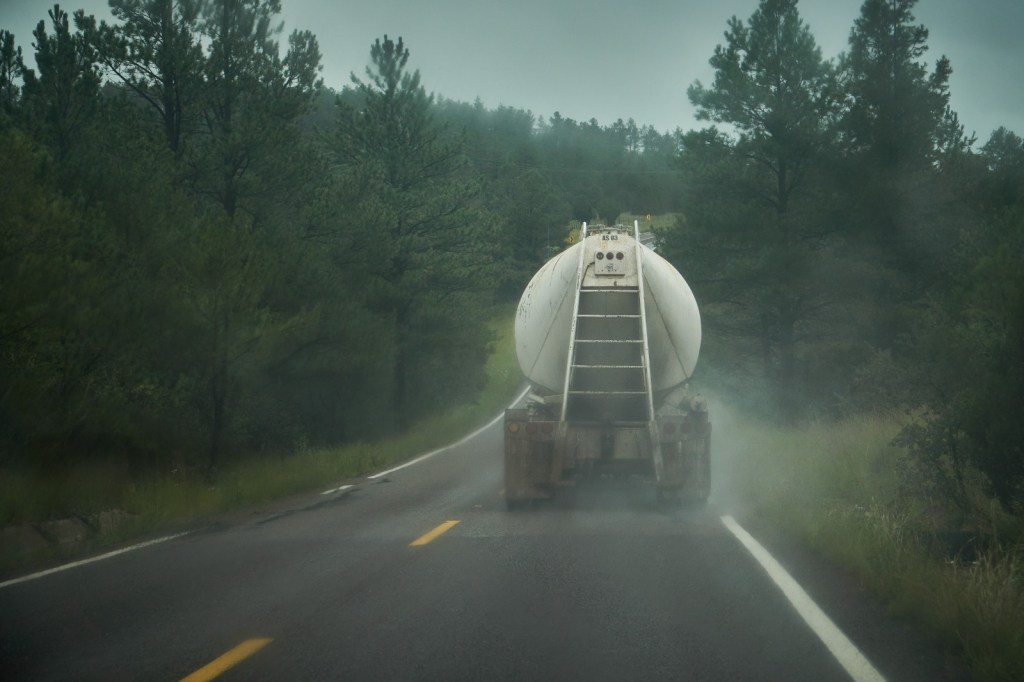When NATO alliance forces roll out of Afghanistan in 2014, the fogs of another war could continue billowing out from the country’s southern and western provinces. Opium poppy production is booming in these regions, where Afghan farmers grew 18 percent more of the stuff this year than last, according to a UN Office of Drugs and Crime statement issued today. Farmers tended 154,000 hectares of opium poppy this year alone—that’s up from 131,000 in 2011.
Why? High prices. The going rate for a kilo of Afghan poppy, which accounts for a staggering 80 percent of global supply, may’ve slumped this year, down from $242 in 2011 to $196. But the price farmers stand to gain per kilo still far exceeds 2008 and 2009’s prices, meaning that farmers will most likely plant poppy again this coming season.
Videos by VICE
”An increase of 18 percent is a serious alarm signal,” Jean-Luc Lemahieu, head of the U.N. Office on Drugs and Crime in Afghanistan, told the AP. “It is a wakeup call. We are again, with regard to figures, in parallel to the high peaks of 2008, 2007, 2006.”
A wakeup call, no doubt. But is it like this was something terribly unexpected? Maybe not. Southeast Asia’s opium harvest, the preserve of warlords, various other thugs and insurgents, saw a veritable shot in the arm last year, remember, with another UNODC presser announcing the tandem rise of Afghan poppy prices and production. And the kicker, of course, is that today’s report, which was put together alongside the Afghan Counternarcotics Ministry, comes despite significant ramping up of eradication efforts over the last year. Crop destruction campaigns nearly tripled over those in 2011, but poppy cultivation still managed to shoot up a whopping 154 percent. That figure could’ve been even bigger. The UNODC report states that nature capped the bumper crop, as it were, as plant diseases and shitty weather decreased the haul by 36 percent, to around 3,700 tons.
Maybe now, with only a year left before US-NATO pulls out entirely, is a good time to start rethinking that pervasive Taliban-heroin narrative.
Top via
Reach Brian at brian@motherboard.tv @thebanderson



